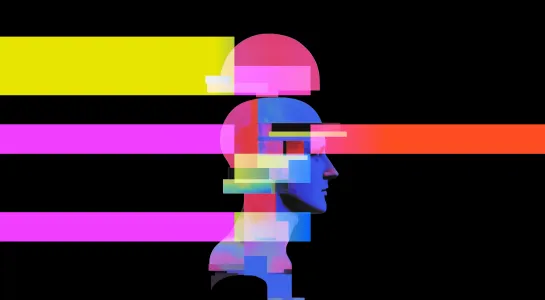
NANDO Helps You Recycle
Where do you throw away the cup of coffee you got from the vending machine? As plastic. No. As paper? Not even that. Spoiler: it depends. It certainly doesn't go in the generic waste collection, even if it's dirty. Knowing the exact answer, however, does not depend on being an expert in industrial recycling, but on being able to ask an AI. This is the reason why ReLearn was founded in 2019. This Turin-based cleantech startup was accelerated by Bocconi for innovation (B4i), an entrepreneurial incubator of Bocconi University that supports the founders of startups in their early stages. The coffee cup is just the emblem of erroneous waste sorting, “and its discarding turns out to be the most common mistake that is made at the trash bin,” explains Chiara Incorvaia, carbon accounting specialist at ReLearn. “But without the help of new technologies we would not have known for sure. Above all, without Artificial Intelligence we would not be able to understand precisely what our environmental impact is, and how to save an average of 40% on the operating costs of waste management and, again, how to contribute to improving the green knowledge of employees and citizens.”
In practice, the technology developed by the startup founded by a group of engineers is called NANDO (from the diminutive of the name of King Ferdinand II of Bourbon who, already in 1832, regulated waste sorting) and is an AI capable of recognizing types of waste from image recognition. This is possible thanks to plug & play sensors installed directly on trash bins and the NANDO.App (this is the full name). With NANDO, the cleaning company takes a pic of the bin before emptying it, and thus records the quantity and quality of the waste contained. “It is thanks to this data, available in real time, that a company, an institution or an event organizer understands the amount of waste it could produce and implement measures to reduce it, or just avoiding emptying the bins before they are full, thus optimizing an operation that has a cost for each bag used in garbage collection,” Incorvaia emphasizes. “The leap compared to the past enabled by AI is significant given that we previously proceeded to weigh the waste with a traditional scale and then we had to manually enter the collected data,” adds the carbon accounting specialist of ReLearn who, among the advantages of AI, also sees anticipating compliance with increasingly specific environmental regulatory obligations and which will progressively affect not only large companies but also SMEs. ReLearn’s clients include Milan’s Linate and Malpensa airports, IREN and Iveco, and the cleantech startup often engages its partners’ employees with the Circular Challenge, prize-winning competitions between company departments to see which one is best at recycling. “Relying on data to organize reward mechanisms for employee engagement contributes to a stronger rooting of environmental awareness. It becomes a value to strive towards,” Incorvaia concludes.
